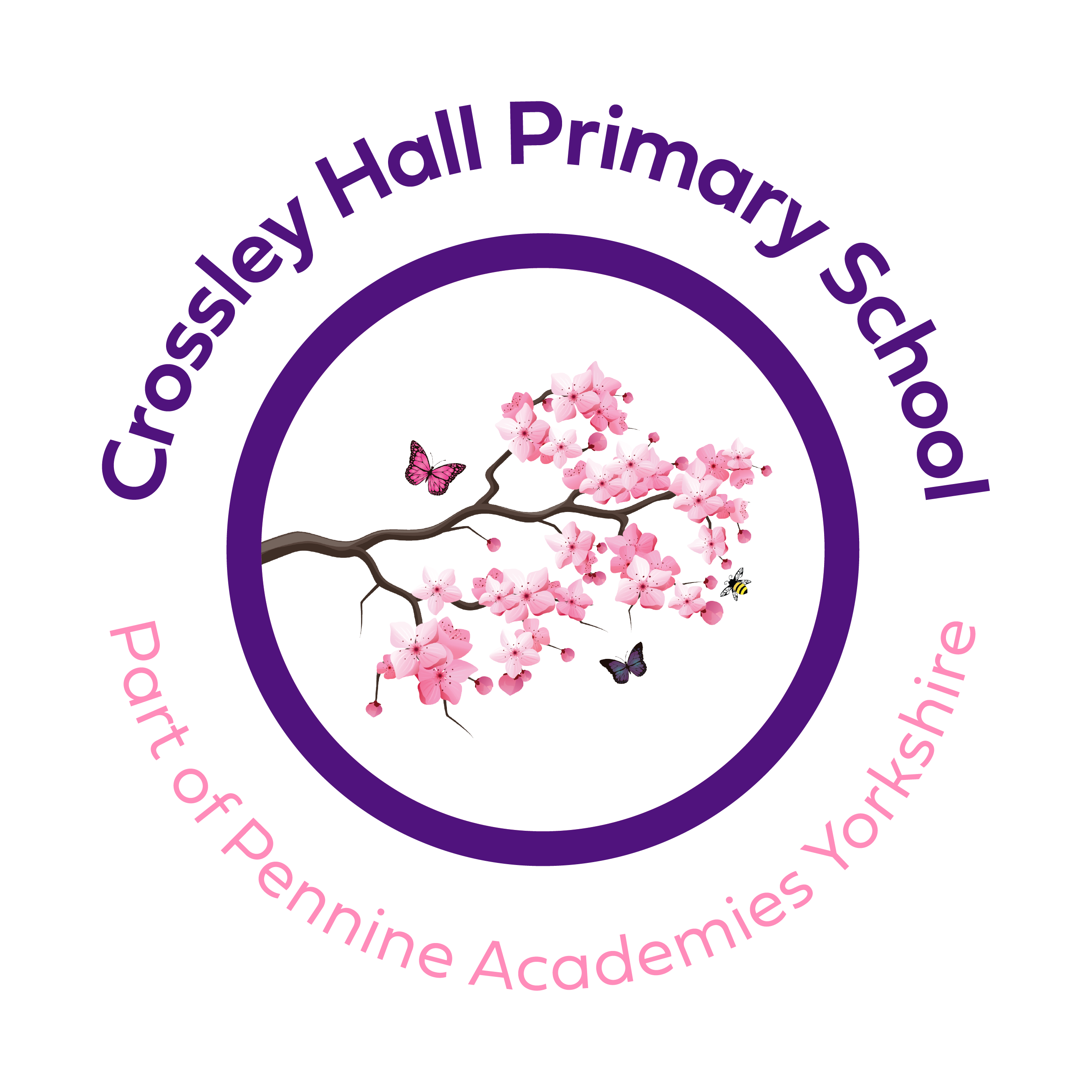Science
As a values-led school, our curriculum is underpinned by promoting inclusion, happiness and raising aspirations. It is through these values that we develop the whole child. We believe that the skills we equip our children with will enable them to go into the world as curious, independent thinkers who are able to appraise and consider any views they are exposed to.
Science Subject Intent
It is our intent that children will be engaged, inspired and challenged by science and will want to do science at home, outdoors, further education and careers in the future. We aim for our children to want to Go Further With Science!
Science is underpinned by the national curriculum. We want them to be able to talk about science – we give them subject specific vocabulary and we give them lots of opportunities to talk in class. We want our children to have practical opportunities as their experience at home and in the local area is
likely to be limited. We, at school, need to give them lots of practical experiences. Clear and straightforward knowledge, and the skills to work like a scientist. Raising our pupil’s science capital. We want our children to say YES to Science!
Key features of our Science curriculum:
- The first 5 minutes of every science lesson are vocabulary activities.
- Lessons are hands on and experiential wherever possible.
- Lessons incorporate a story book linked to the topic (if appropriate) eg The Tiny Seed Y3/plants
- Opportunities for outdoor learning included.
- Opportunities for reading, writing and maths linked.
- Working scientifically
- Lots of opportunity for discussion
Organisation of teaching and learning
- Early Years – ELGs experiential learning (see separate document).
- KS1 and 2 – Weekly 1 hour science lessons (minimum).
Planning
- Our plans are underpinned by the National Curriculum.
- We use the End Point document to ensure the curriculum is progressive from EYFS through to y6.
- The Vocabulary Progression document is used to ensure that vocabulary also builds on from what has been learnt the previous year.
- The first 5 minutes of each lesson is a vocabulary related activity.
- Each unit has a purpose and a clear journey set out in a MTP.
- Story books are used to engage children, where possible for eg The tiny Seed in y3 ● The Essence document summarises the key points that children should be able to recall at the end of every unit.
Evidencing
Science is evidenced in Floor books. These follow a structure which indicate:●
- What the purpose of the unit is.
- Key vocabulary.
- Photographs and post-its with comments from children.
- Working scientifically.
KS2 also evidence individual work in exercise books which include:
- Good quality sentences to describe something eg plants, rocks, effects of magnets (y3)
- Good quality sentences to compare things e.g. plants.
- Clear evidence of the correct vocabulary from each year group.
- Short pieces of information based on research/answering scientific questions.
- Tables and bar charts with sentences interpreting them.
Resources
- Central resources are stored in the well stocked science cupboard located at the top of the stairs opposite the staff room.
- Science is an experience-rich subject; teachers plan visitors into school and visits out of school where possible.
- Children are given the opportunity to develop independent research skills in science. Each class has access to a class-set of Chromebooks.
- The allotment, school grounds and wetlands (awaiting redeveloping) are regularly used in science lessons.
- Our school library and science store have numerous scientific books.
Monitoring Procedures
Quality of teaching and learning of RE at Crossley Hall Primary School is monitored by:
- Conducting a planning scrutiny (termly)
- Pupil Voice Survey (half-termly)
- Lesson observations take place in all classes throughout the year.
The subject leader is responsible for monitoring attainment and progress, the outcomes of which are fed back to staff at an appropriate time.
Year 1 Science End Points.docx
Year 2 Science End Points.docx
Year 3 Science End Points.docx
Year 4 Science End Points.docx
Year 5 Science End Points.docx
Year 6 Science End Points.docx








